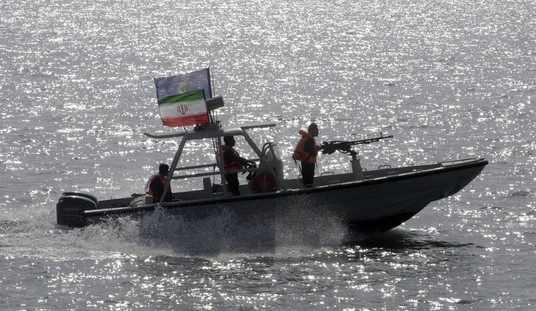
The US and Russia Agree to Ceasefire in Syria
What’s wrong with that sentence? If all parties aren’t agreeing to a ceasefire, then can it really be called an agreement?
“This ceasefire was brought about by outside powers — it was brought about by the United States and Russia, and then basically the warring parties here were told that they are to abide by the ceasefire, so it’s very, very fragile.” – Frederic Pleitgen, Senior International Coorespondent, CNN, 15 September 2016
The dynamic graphic embedded in CNN’s piece ably illustrates why an agreement can not be made simply. The players are too many and their ideologies are too disparate.
The result of a malfunctioning ceasefire is that delivery of aid to the most besieged areas, like Aleppo, remain cut-off. Twenty trucks wait for the Syrian government to sign the permit to allow the food and medical supplies they carry to pass through military checkpoints.
Meanwhile, the White House and Secretary of State John Kerry aren’t agreeing to the best plan to stop the war in Syria.
But for Mr. Kerry, reaching this deal has become a personal mission, one that at times put him in conflict with the White House. He has pressed for a stronger military commitment in Syria and support for some opposition groups, along with a series of more aggressive covert actions, according to administration officials. Mr. Obama has been reluctant, as have others in the White House who fear that, even if they could engineer a transition in Syria, it could create a power vacuum that Iran, Russia and militant terrorist groups could exploit. – The New York Times, 9 September 2016
President Obama’s “fear” and “reluctance” are why we are here on the wrong side of history. Perhaps letting his Secretary of State do his job, and looking for agreement within his own house, might begin to uncomplicate at least the US role in the war.
Have Gun. Will Travel.
“The first thing they ask you is if you have an AK-47 – and if you can swim,” says Abdirizak Ahmed. That, he says, is what pirate networks want of their new recruits.
Mr Ahmed is head of counter-piracy for the semi-autonomous northern state of Puntland, which has 1,400km (870 miles) of Somalia’s coastline – and is home to most of its pirates. – BBC, 9 September 2016
Although gun-toting and swimming skills will get a job seeker at least an interview, tech and drone experience will pretty much guarantee the industrious candidate a position with a Somali Pirate entrepreneur.
Professional hackers break in online, steal ships’ manifestos and sell them on the dark web.
This is why the pirates know exactly where to look, “down to the bar code and serial number of the shipping container, in some cases,” says Bryan Sartin, managing director of US company Verizon Risk, which investigates data breaches and cyber-attacks.
(…)
Pirates have begun flying drones which they use to scout busy sea lanes for unguarded ships, lacking security crews or razor-wire.
The good guys spent over $700 million last year attempting to circumvent the pirate’s circumvention.
So, it’s not just the profits of shipping firms and merchants that are hit by piracy. Economies, too, are affected. The stakes are high in the hi-tech battle to tackle the pirates.
Welcome, RedStaters, to the WaterCooler! It’s RedState’s Only daily Open Thread! Enjoy!














Join the conversation as a VIP Member